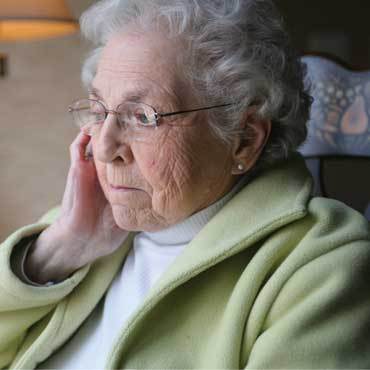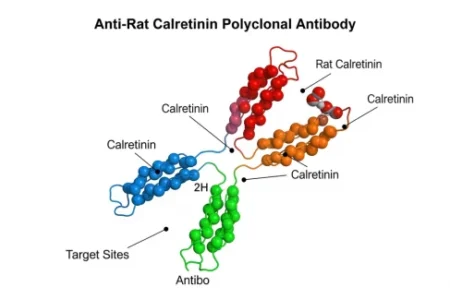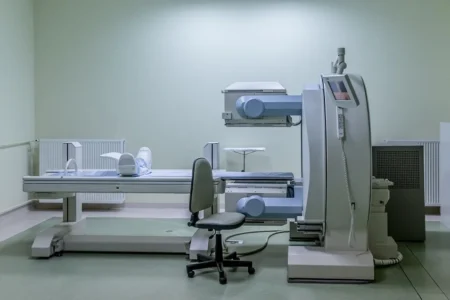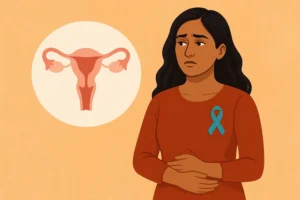Common Indications that You Might Have Alzheimer’s Disease
- Updated on: Apr 25, 2021
- 4 min Read
- Published on Apr 25, 2021

The signs and symptoms of Alzheimer’s develop progressively over a period of time. Anybody in his or her life can forget names and things but if this incident of dementia and memory loss worsens and affects the daily life of a person and creates clinical manifestations, we can say the person is developing Alzheimer’s disease.The rate of progression of symptoms is different for different people so it is hard to predict how the disease worsens over a period of time in an individual.
The causes of memory loss and dementia in any person may vary as it happens because of vitamin B12 deficiency, brain, thyroid, kidney or liver disorders, alcoholism etc. We can however say that Alzheimer’s doesn’t happen suddenly. It is a progressive neurodegenerative disease. Also, only one symptom cannot define the disease, other symptoms should also be noticeable to call it as Alzheimer’s.
Conditions like Brain damage, injury and traumas can worsen the symptoms of Alzheimer’s. Early diagnosis of dementia and other signs may help in detecting the disease at early stages so as to start treatment to cure symptoms to some extent which may help patients with managing the disease better later.
The signs and symptoms of the disease are divided into three broad stages according to disease progression. These are:
- Mild
- Moderate
- Severe
Early or Mild Signs and Symptoms of the Alzheimer’s Disease

This stage of disease lasts for 2-4 years and the person seems normal and healthy but he is not able to relate to the real world. Anyone can notice minor memory problems in life, and therefore, it is difficult to distinguish whether it is due to age or any other condition. The disease mostly remains unnoticed by family and friends and even by the person himself till it progresses further and shows more signs and symptoms.
Various signs and symptoms of Alzheimer’s in this stage are:
- Difficulty in finding the right word during conversations
- Hard to remember names of closed ones
- Problem in planning and organizing things and schedules
- Faces problem of memory loss
- Bad decisions due to poor judgement
- Takes longer time to finish daily routine works
- Loss of sense of initiative and spontaneity
- Trouble in paying bills and handling money
- Lose and misplace things due to memory loss
- Behavioural changes such as mood swings, personality change, anxiety, depression, anger burst, confusion, etc
- Hesitates to try new things and becomes more rigid to change
Signs and Symptoms of Moderate or Middle Stage Alzheimer’s Disease
As the disease progresses, memory loss becomes major issue and worsens in an individual. Persons with this condition find it difficult to remember names of their family members and even struggle in recognising family members and friends.
Their condition worsens successively and more care and intensive supervision is needed for them. Patients need help to do daily activities, which may be difficult to handle for family and spouses. At this stage, the signs and symptoms are seen clearly in a person.
The various signs and symptoms at this stage include:
- Patient has a poor short-term memory and forgets about life history, is not able to remember even about his/her daily work such as bathing, brushing etc
- Increased confusion and disturbed sleep and hallucinations, delusions etc
- Changes in behaviour and mood such as frequent mood swings, depression, anxiety and agitation, restlessness and anger outburst
- Difficulty in judgement like judging distance
- Repetitive speech and obsessive behaviour
- Difficulty in simple arithmetic and billing and money management
- Inability to learn new things and becomes rigid to change
- Difficulty in language and problems in reading, writing and speaking
- Decreased attention
- Difficulty in thought organisation and logical thinking
- Difficulty in performing multiple tasks
Signs and Symptoms of Severe or Later Stage Alzheimer’s Disease
As the disease progresses to later stages, symptoms become more severe and distressing for patients and their family and friends too. Memory loss worsens and hallucinations and delusion may come and go over the period of illness and may get worse with time and disease progression. A patient becomes more suspicious, violent and demanding. Constant supervision and professional care is required for the patient at this stage. As Alzheimer’s is a neuro-degenerative disease, the patient loses ability to respond and communicate but still able to utter some words and phrases. A person with Alzheimer’s has no insight of his condition and needs assistance for his daily work and activities like bathing, going to toilet, brushing etc. At this stage, a person is completely at bed rest as body functions shut down and the person needs complete care.
The most common and frequent cause of death in Alzheimer’s is aspiration pneumonia which develops due to inability to swallow food or liquid. Aspiration pneumonia is a complication of pulmonary aspiration. Pulmonary aspiration occurs when you inhale food, stomach acid, or saliva into the lungs. You can also aspirate food that travels back from your stomach to the esophagus. This may carry bacteria that may affect your lungs.
Signs and symptoms seen at this stage are:
- Inability to swallow food and liquid
- Inability to communicate, read and write
- Confusion and unawareness of surrounding and environment
- Inability to do daily routine works and activities and need of a proper help to do things such as going to toilet, bathing etc
- Inability to remember most of their life history, faces and people they otherwise knew
- Bladder and bowel control is lost
- At bed all the time or at complete bed rest
- Wandering, delusion, hallucination
- Weight loss, seizures and skin infection
- Increased sleep
- Behaviour changes like becomes more suspicious to people and surroundings and moaning, groaning etc
- Impaired long and short term memory
Till date, there is no cure as such available for this disease but some medicines are available which can treat symptoms and control or hold disease progression for longer period of time.












